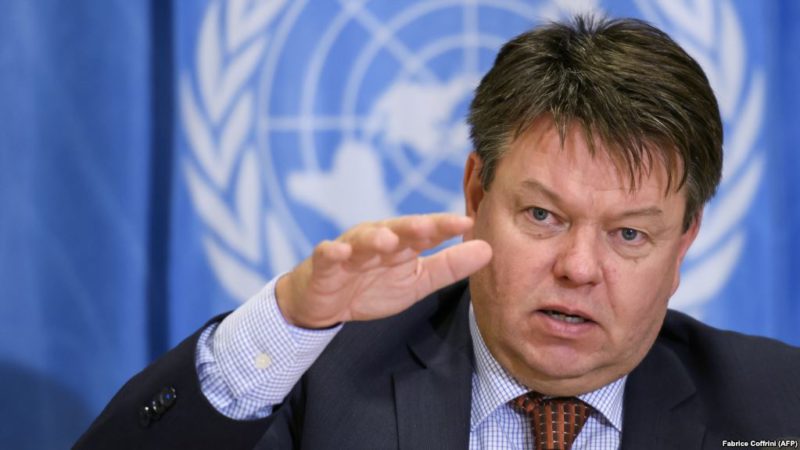The World Meteorological Agency (WMO) has urged the Nigerian Meteorological Agency (NiMet) to effectively contribute to sustainable environmental development as new member of WMO Executive Council.

NIMet`s General Manager, Mr Muntari Ibrahim, in a statement on Thursday, July 8, 2021 in Abuja, quoted WMO Secretary-General, Prof. Petteri Taalas, as saying this in a letter of congratulation sent to the DG, Prof. Mansur Matazu.
Matazu, also the Permanent Representative of Nigeria with the Meteorology regulatory body, was elected at the 73rd session of the WMO Executive Council.
Taalas assured Matazu of his full support and that of the secretariat in the accomplishment of his new duties.
“The election of Professor Matazu is occasioned by the tremendous contributions of NiMet and by extension Nigeria.
“Also, in the furtherance and propagation of the message and ideals of the science of meteorology in the West African Sub-region and the continent of Africa as a whole.
“The Executive Council of the WMO implements decisions of the Congress (i.e., the supreme body of the organisation which is the general assembly of delegates representing members of WMO),’’ he said.
According to him, the executive council coordinates programmes, manages the budget, considers and acts on resolutions and recommendations from the Regional Associations and Technical Commissions.
He said that the executive council studied and made recommendations on matters affecting international meteorology and other related activities.
He further said that Nigeria’s membership of the executive council would strengthen multi-lateral and bilateral cooperation between Nigeria and other countries on weather, climate, water, environment and sustainable development issues.
Ibrahim further quoted Minister of Aviation, Sen. Hadi Sirika, as congratulating Matazu on his appointment into the Executive Council of the World Meteorological Organisation.
The WMO is a specialised agency of the United Nations dedicated to international cooperation and coordination on the state and behaviour of the Earth’s atmosphere.
WMO monitors the Earth’s interaction with the land and oceans, the weather and climate it produces and the resulting distribution of water resources.
By Gabriel Agbeja
